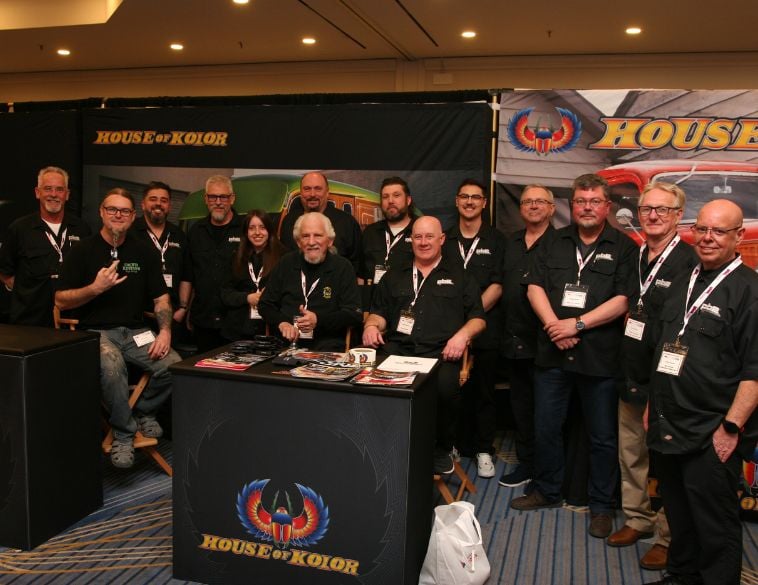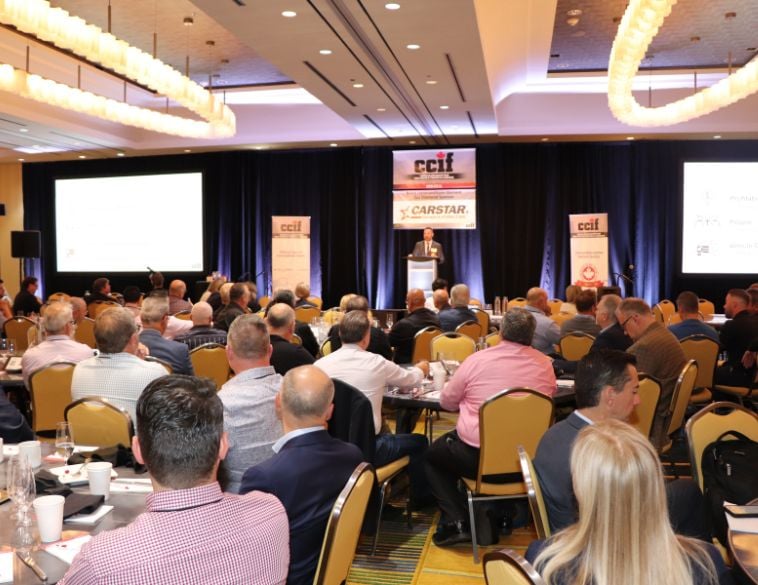With increasing consolidation, many collision repairers are asking themselves what the future looks like for their business.
Today, as a result of technology advancement and the increasing need for repairers to join OEM certified networks and share economies of scale, independent shops are exploring new ideas. Among the three most prevalent factors are:
1. Joining a franchise organization
Franchise groups offer many benefits including improved purchasing power, technology & operational programs, and enhanced marketing capability. In addition, you become true business partners with many other top operators that can offer insight and advice that can improve efficiency and profits. While it is often difficult for entrepreneurs to give up their independence and to see another name on the sign, the reality is that as a franchisee you still own your business and still have
substantial control.
Before dismissing this option, consider that the successful collision repair facility of tomorrow is going to deal with radically more complex vehicles, which require greater investments in technology, training and equipment. As part of a franchise, you may be better able to meet these challenges and remain competitive and profitable.
If the franchise route seems best for you—the next step is to choose the right one. There are several excellent organizations with different franchise models. Study each, do a cost/benefit analysis specific to you and your business, and make a decision. Then make it clear to your entire organization that you are fully committed and make the move—the sooner the better.
2. Sell your shop
If you decide that you don’t see yourself operating your business 3-5 years down the road, then the time to begin preparing is now. Anyone buying your business is going to base the price on at least three factors—the facility, the employees, and the volume of business, which is normally measured by EBITDA. First, take a look at your facility. Does it have curb appeal, are the customer areas clean and neat, and is the production area organized? If not, get to work and address these issues now. You’ll get some immediate benefits with your customers, and you’ll improve employee morale as a side benefit. Second, how is your human resource situation? Make sure you have competitive, but not excessive pay plans, written HR policies, and that you’re in compliance with all applicable laws and regulations.
Training will pay benefits now, and when you sell. Third, business valuation is normally based on Earnings Before Interest, Taxes, Depreciation, & Amortization—or EBITDA, so work with your accountant to learn how to maximize this number. Also—don’t forget to ask your accountant and/or lawyer about selling stock vs. assets and other considerations—the time to understand these issues is now, and not the day you get an offer to purchase.
3. Stay independent
If you’ve considered the first two options and choose to remain independent, then it’s critical to prepare for the increased competitive environment that lies ahead. Create a business plan with a marketing plan that defines your unique value proposition to insurers, fleets, and consumers in your area—and be prepared to spend money on marketing.
Consider a complete shop management system, repair procedures database, and customer engagement services. The critical question is that if a franchise shop or MSO opened up across the street, how would you compete and continue to grow your business?



